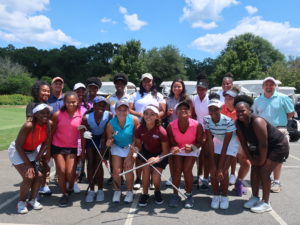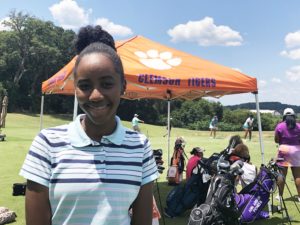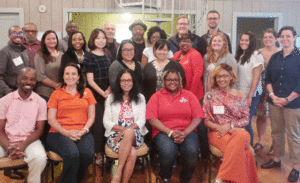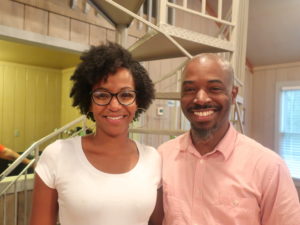Any graduate student will tell you that earning a master’s or doctorate is a very different experience than earning their undergraduate degree.
Graduate school often presents new challenges, such as how to successfully navigate juggling school and life, securing funding support, the academic job search, and imposter syndrome. These challenges don’t end after graduate school, as new faculty members find themselves working towards and beyond the tenure track.
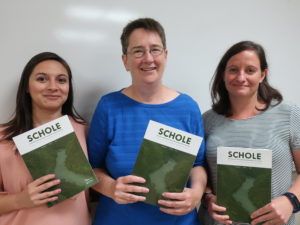
With that in mind, several current and former faculty members in Clemson University’s Parks, Recreation and Tourism Management department guest edited and contributed to a two-part special issue of SCHOLE: A Journal of Leisure Studies and Recreation Education that focuses on the academic profession in parks, recreation, tourism and leisure.
The special issue was guest edited by Mariela Fernandez, Lauren Duffy, Gwynn Powell, and former faculty member Lincoln Larson. Contributors included Professor Emeriti Brett Wright and Fran McGuire, current department faculty member Iryna Sharaievska, and former faculty member Dart Schmalz.
“As professors, we have a unique perspective, having experienced the academic system through the lens of both graduate students and by working as faculty members at different stages of our careers,” says Fernandez. “The special issue is a valuable resource that can serve as a guide for students at every stage of their graduate studies, up to, including, and after their job search, as well as for our colleagues working in the academy.”
Part 1 of the issue provides advice about successfully navigating the different stages of an academic career, from graduate school to the post-tenure years. Part 2 explores contemporary challenges in higher education that influence academic programs and may impact faculty members throughout their careers, such as changing approaches to governance in academic institutions, the evolving experience economy, and the ongoing struggle to maintain a healthy work-life balance. The goal is to help graduate students and faculty colleagues recognize and address common challenges, ultimately enhancing success at both the professional and personal level.
Although the special issue is written to address challenges in the parks, recreation, tourism and leisure fields, contributing editor Lauren Duffy notes that the general principles could also apply to other fields.
“The challenges we all face in the leisure studies field are often not dissimilar from challenges others may encounter over the course of their academic training and career,” Duffy says. “Although information provided in this special issue is focused through the lens of our work, there are common threads that can be useful to any graduate student or academic professional.”
Contributing editor Gwynn Powell notes that the special issue can also start a dialogue about issues that are important topics of discussion, but are not often publicly discussed.
“For example, one of the articles in the special issue focuses on post-tenure pathways – the fact that extensive mentorship is provided pre-tenure, but disappears in the decades following that achievement,” says Powell. “Highlighting challenges like this can help colleagues working in the field realize they’re not alone, while also helping them address it.”
